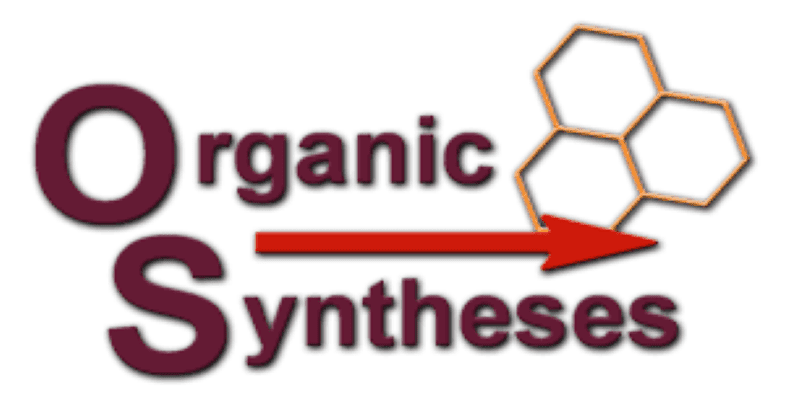
About Course
Principles Of Organic Synthesis.
The course has nine modules starting from the formation of acid-catalyzed carbon-carbon bond formation to the application of the modern transition metal catalysis. Students of graduate and post-graduate preparing for NET and GATE examination will find this course extremely useful.
INTENDED AUDIENCE: M.Sc Students/faculty
Course Content
Principles Of Organic Synthesis
-
Lec 1: Aldol Reaction
00:00 -
Lec 17: Schiemann Reaction, Ullmann reaction and Stephens-Castro coupling
00:00 -
Lec 18: Ziegler Alkylation, Chichibabin Reaction, Von Richter Rearrangement
00:00 -
Lec 19: Preparation, properties and reactions
00:00 -
Lec 20: Coupling reactions, Japp-Klingemann reaction and Tiffeneau-Demjanov rearrangement
00:00 -
Lec 21: Applications of diazonium salts
00:00 -
Lec 22: Wagner-Meerwein rearrangment, Pinacol rearrangment, Benzilic acid rearrangment
00:00 -
Lec 23: Rearrangement of halogen, oxygen, sulfur and nitrogen containing centre
00:00 -
Lec 24: Rearrangement to electron-Rich carbon
00:00 -
Lec 25: Reactivity and several reactions
00:00 -
Lec 26: Reactions of sulfur and silicon containing reagents
00:00 -
Lec 27: Preparation and reactions of organoborane and organotin reagents
00:00 -
Lec 28: Formation of carbon-carbon and carbon-halogen bonds
00:00 -
Lec 29: Cu, Mn, Sm, and Sn Based Reactions, Acyloin Condensation
00:00 -
Lec 16: Principle, Substitution mechanism and reactions of Benzyne
00:00 -
Lec 15: Nitration, Sulfonation and other reactions
00:00 -
Lec 2: Perkin, Claisen and Thorpe Reactions
00:00 -
Lec 3: Reaction of Enolates
00:00 -
Lec 4: Reaction of alkenes and carbonyl compounds
00:00 -
Lec 5: Mannich reaction
00:00 -
Lec 6: Friedel-Crafts and Prins Reactions
00:00 -
Lec 7: Grignard Reagents
00:00 -
Lec 8: Organolithium Reagents
00:00 -
Lec 9: Organocopper, Organozinc and Organomercury Reagents
00:00 -
Lec 10: Ritter Reaction and Gabriel Synthesis
00:00 -
Lec 11: Reactions of imines and enamines, synthesis of alkaloids and amino acids
00:00 -
Lec 12: Reactions of electrophilic and nucleophilic nitrogens, synthesis of amino acids and peptides
00:00 -
Lec 13: Principles, effect of substituents and carbon-carbon bond formation
00:00 -
Lec 14: Formylation/acylation and related reactions
00:00 -
Lec 30: C-N, C-O bond formation and decarboxylation
00:00
Student Ratings & Reviews

No Review Yet
